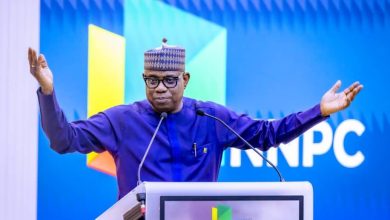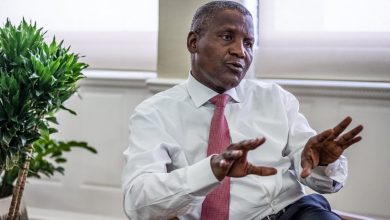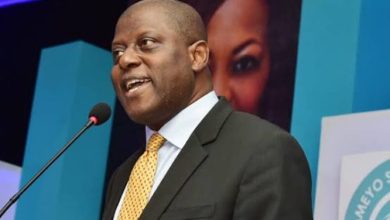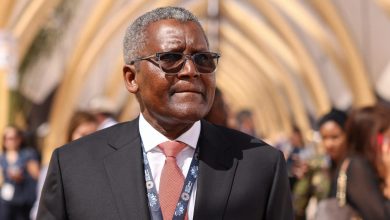FG Signs Landmark MOU to Boost Infrastructure with Innovation, Climate Resilience
Nigeria has signed a major MOU to boost infrastructure safety using science and technology tools.
The deal introduces AI inspections, smart materials, and stricter standards to curb building failures.
In a strategic step to tackle Nigeria’s infrastructure woes, the Federal Ministry of Innovation, Science and Technology has signed a landmark Memorandum of Understanding (MOU) to promote innovation, boost structural integrity, and advance climate-resilient infrastructure development nationwide.
The formal signing took place in Abuja, where the Minister, Chief Uche Geoffrey Nnaji, hailed the agreement as a critical moment for Nigeria’s development ambitions. “Anyone who has travelled our roads or witnessed the silent decay of buildings knows that the cracks in our infrastructure are no longer hidden they are daily headlines,” Nnaji said. “This MOU is not just paperwork; it is a promise.”
The agreement brings together key national engineering bodies including the Council for the Regulation of Engineering in Nigeria (COREN), the Council of Mining Engineers and Geoscientists (COMEG), and the Council of Registered Builders of Nigeria (CORBON), alongside technical consultants Tectonics Engineering Group.
Under this new alliance, a national science-based framework will be deployed to oversee construction activities more effectively. This includes cutting-edge tools such as artificial intelligence-powered inspections, satellite-based geospatial analysis, real-time structural stress monitoring systems, and the integration of smart and sustainable building materials.
Chief Nnaji outlined several core goals of the initiative:
- Eliminate the use of substandard construction materials
- Enforce mandatory geotechnical and engineering surveys
- Establish a nationwide, data-driven inspection and enforcement protocol
- Institutionalize climate-resilient building standards
“This is not about more bureaucracy,” the Minister stressed. “It’s about more accountability elevating engineering practice from fragmented operations to a cohesive, national force for change.”
The MOU directly aligns with President Bola Ahmed Tinubu’s Renewed Hope Agenda, which prioritizes infrastructure development, economic competitiveness, and national integration.
Key figures from Nigeria’s leading regulatory bodies and professional institutions were in attendance and lauded the agreement as timely and essential to curbing Nigeria’s chronic issues with building collapses and failing infrastructure.
In closing, Chief Nnaji described the initiative as more than a policy measure. “We are not just building roads or bridges we are building confidence, dignity, and the future of Nigeria,” he declared.



